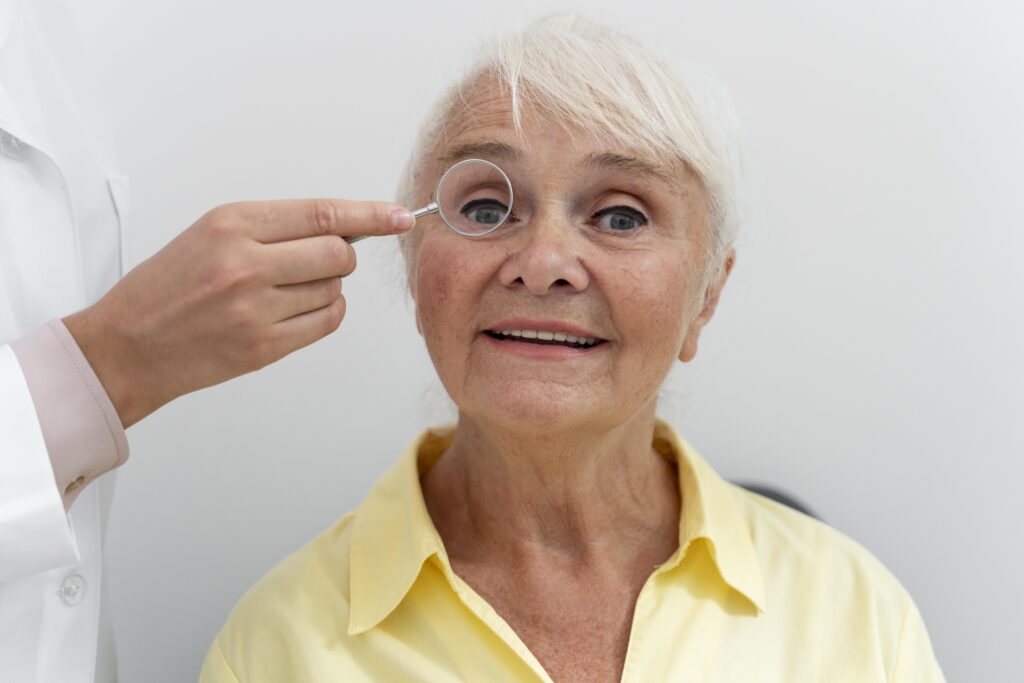Who Is at High Risk for Glaucoma?

Glaucoma is a group of eye diseases that can silently damage your vision. In the United States, the most common type is open-angle glaucoma. This disease affects the optic nerve, a crucial component in the back of your eye responsible for transmitting signals from your retina to your brain. While anyone can develop glaucoma, certain groups are at higher risk.
High-Risk Groups for Glaucoma:
Age: People over 60, particularly Hispanic or Latino individuals, are at an increased risk.
Race: Black individuals over 40 are 6 to 8 times more likely to develop glaucoma than white individuals. It’s the leading cause of blindness for people of African descent.
Family History: Those with a family history of glaucoma, especially if a sibling has it, are more susceptible.
Eye Pressure: Elevated intraocular pressure (IOP) can cause permanent vision loss if it remains too high for too long. Normal IOP ranges between 10 and 21 mmHg.
Other Medical Conditions: Diabetes, migraines, high blood pressure, and sickle cell anemia can increase the risk of glaucoma.
Eye Injuries: Severe injuries, such as blunt trauma or objects penetrating the eye, can raise the risk.
Additional Factors: Decreased corneal thickness, extreme nearsightedness or farsightedness, and certain types of eye surgery also contribute to the risk.
During a comprehensive eye exam at OptiCare Health, our optometrists will:
-Examine your retina and optic nerve.
-Measure your eye pressure using specialized instruments. This process may involve numbing your eye with drops and flattening your cornea to get an accurate reading.
The Importance of Regular Eye Exams
Glaucoma is known as a “silent thief of sight” because it typically has no warning signs until significant damage has occurred. A comprehensive eye exam can detect elevated eye pressure and other signs of glaucoma before symptoms appear. This is why regular eye exams are crucial, especially for those in high-risk groups. Schedule Your Eye Exam Today and protect your vision by scheduling a comprehensive eye exam with OptiCare Health. Early detection can make all the difference.
